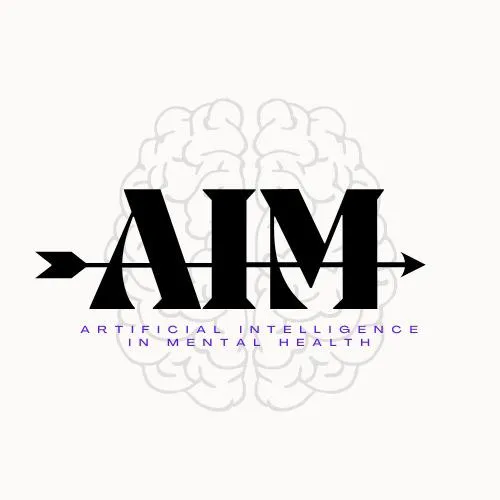The Artificial Intelligence in Mental Health (AIM) lab is focused on understanding how to use artificial intelligence (AI) techniques to improve understanding of mental health disorders and improve diagnostic, prognostic, and treatment tools available for mental health clinicians.
The AIM lab is led Dr Paris Alexandros Lalousis (Lecturer in Artificial Intelligence in Mental Health) and Professor Nikolaos Koutsouleris (Chair of Precision Psychiatry). It is a research group based in the Department of Psychosis Studies at the Institute of Psychiatry, Psychology & Neuroscience at King’s College London
The underlying mechanisms of mental health disorders involve a complex mix of genetic, environmental, and biological factors. Individuals with the same diagnosis often have different underlying biological mechanisms and individuals with a different diagnosis often have similar biological mechanisms. This results in a difficulty to understand and predict illness presentations, response to treatment, and long-term functional outcomes.
In an effort to understand these mechanisms, several different types of data have been collected over the years including clinical, cognitive, environmental, blood, genetic and neuroimaging data. Recent technological and methodological advances, large international collaborations, and the availability Electronic Health Records and biobanks have further increased the volume of data available.
AI holds tremendous potential to transform clinical care by identifying patterns in data at the phenotypic, biological, and environmental levels. Our lab harnesses the power of various AI approaches for the most pressing questions in mental health care with an aim to translate data science into clinical care for transformative clinical applications.



